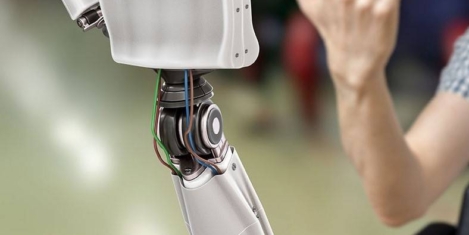June 5, 2018
Employees who work in digitally advanced workplaces are more productive and motivated

Companies that are less technologically advanced are at risk of falling behind the competition and not attracting top talent, claims a new global study from Aruba. By contrast, employees who work in digital workplaces are not only more productive but also more motivated, have higher job satisfaction, and report an overall better sense of well-being. The study, Digital Revolutionaries Unlock the Potential of the Digital Workplace, outlines both the business and human benefits of more digitally-driven workplaces, and how. Almost all respondents (97 percent) thought their workplace would be improved through greater use of technology, while 64 percent said their company will fall behind the competition if new technology isn’t implemented. The same portion (64 percent) believe the traditional office will become obsolete due to advances in technology. However, the survey also warns that companies must be vigilant as more digital-savvy employees are taking greater risks with data and information security.
















 Cities in emerging markets, though challenged by economic and political turmoil, are catching up with top ranking cities following decades of investing in infrastructure, recreational facilities and housing in order to attract talent and multinational businesses, finds Mercer’s 20th annual
Cities in emerging markets, though challenged by economic and political turmoil, are catching up with top ranking cities following decades of investing in infrastructure, recreational facilities and housing in order to attract talent and multinational businesses, finds Mercer’s 20th annual 


 In a workplace dominated by insecurity, gig work and intelligent machines we need to improve our understanding of their potential impact on health, safety and wellbeing claims a new report.
In a workplace dominated by insecurity, gig work and intelligent machines we need to improve our understanding of their potential impact on health, safety and wellbeing claims a new report. 













April 9, 2018
How the UK car industry is driving the future of workplace design
by Paul Dunn • Comment, Workplace design
More →